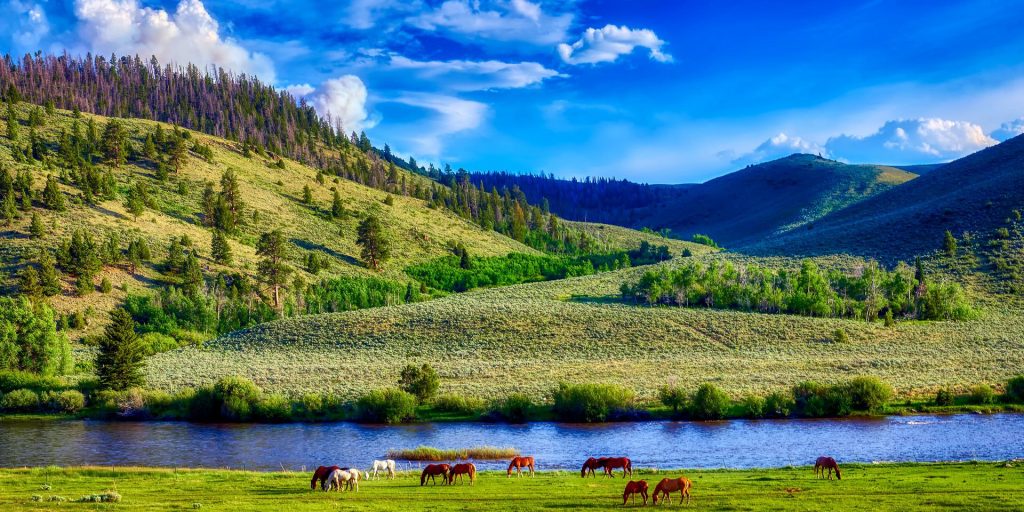Ahead of infrastructure spending, federal government extends expertise, gives voice to rural communities
These days, money isn’t the biggest problem facing rural communities. Between the American Rescue Plan Act and the Bipartisan Infrastructure Law, there’s plenty of it to go around—perhaps a greater challenge is access, especially for small communities that might not have adequate staffing or the technical know-how to navigate complex infrastructure projects. A new federal initiative aims to address that issue by sending technical experts to more than two dozen communities across five states, helping local admins navigate systems, connect with federal resources (including funding) and implement best practices.
The U.S. Department of Agriculture (USDA)-led program, the Rural Partners Network (RPN), is described by the agency as a “first-of-its-kind collaboration between federal agencies and local leaders and residents.”
The initiative was announced Wednesday in Clarksdale, Miss. Wednesday by USDA Sec. Tom Vilsack and White House Domestic Policy Advisor Susan Rice as part of the Biden-Harris administration’s Building a Better America Rural Infrastructure Tour. It’s intended to create jobs, help governments complete infrastructure projects and stabilize local economies in the long time. It will center around “improving social and economic well-being bolstered by existing local partnerships and assets,” a statement about the announcement notes.
“Rural America is incredibly diverse—economically, racially, culturally and geographically. What makes sense for one community may not for another,” said Vilsack in the statement. “The Rural Partners Network will help communities get funding for investments that create long-lasting benefits for their communities, especially those that have been overlooked in the past. By providing one-on-one support to these communities, we can lay the foundation for people to build healthy, successful futures on their own terms.”
In light of the recent historic infrastructure investments and various national funding initiatives, Rice said the federal government has an obligation and a responsibility to work with rural communities and ensure everyone gets what’s been set aside for them.
“Just making resources available is not enough—the federal government must work better for rural communities so that they can fully take advantage of these opportunities,” Rice said. This latest initiative “will empower rural communities to get their fair share of federal funds, an important goal for not only economic development but equity as well.”
Initially, the network will launch in various communities across Georgia, Kentucky, Mississippi, New Mexico and Tribes in Arizona. States were selected on criteria including economic distress and readiness to participate in the program, among other things.
Participating communities “will receive individualized support with the expertise to navigate federal programs, build relationships and identify additional resources to promote community-driven solutions,” the statement says. Ambassadors will work closely with local officials, business leaders, federal agencies, community organizations and other stakeholders, building on local initiatives and bridging the federal-local gap.
Beyond providing technical assistance, field staff will up-channel lessons learned and “identify challenges preventing rural communities from accessing federal support to inform the work of the Rural Prosperity Interagency Policy Council, a whole-of-government task force that will ensure rural places are prioritized in Washington,” according to a fact sheet from the White House. The Rural Prosperity Interagency Policy Council will be co-led by the USDA and the Domestic Policy Council, which is comprised of 16 federal agencies and regional commissions.
This will connect rural communities with “a new direct line to D.C. to foster a federal government that delivers for all rural communities.”
Looking ahead, the administration intends to expand the Rural Partners Network to other communities later in the year. Those states, Tribes and territories include Nevada, North Carolina, Puerto Rico, West Virginia, Wisconsin and Native Alaskan communities. If it’s approved in the next budget cycle, the program would expand to all 50 states. For more information about the Rural Partners Network, visit rural.gov.




















